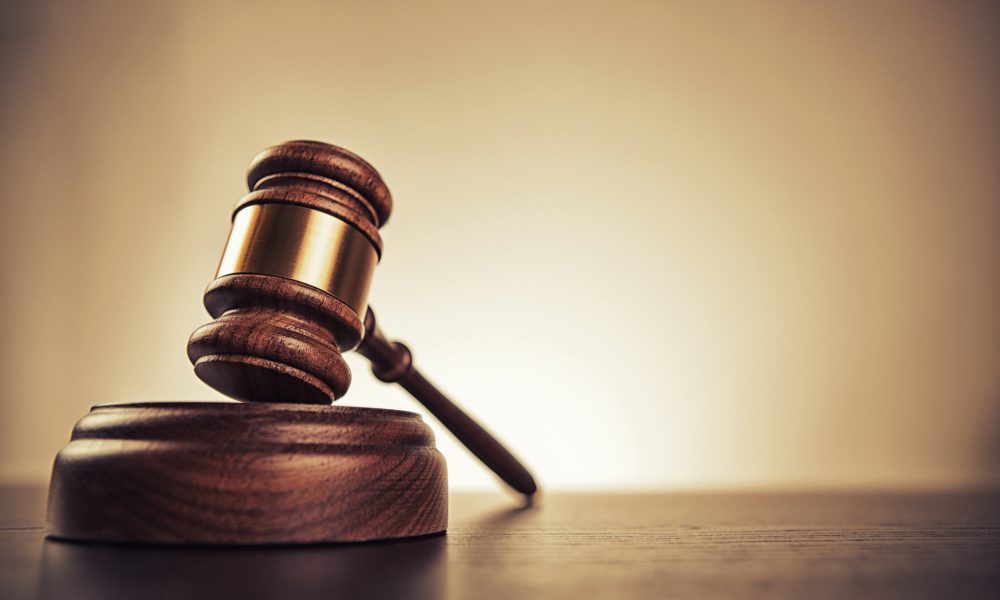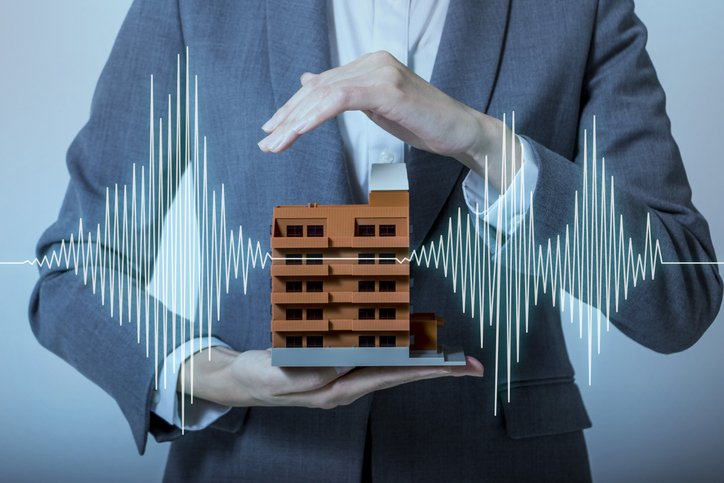Repeat Offenders: Commonly Cited OSHA Standards in the Hospitality Industry & How to Avoid Them
The law has always been clear that there is no statutory limitation on the length of time that a prior OSHA citation may serve as the basis for a Repeat violation. OSHA historically looked back only three years for past violations, but the Obama Administration extended it to five years. However, the look back period ...
Read more











